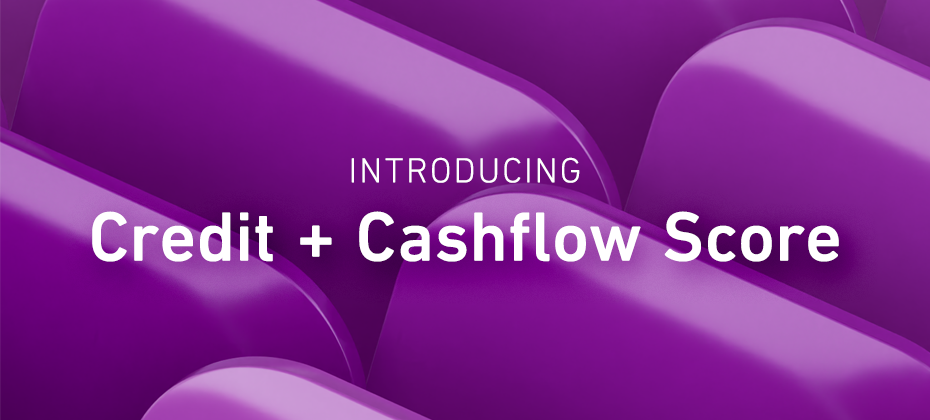 Picking up where we left off, online fintech lenders face the same challenges as other financial institutions; however, they continue to push the speed of evolution and are early adopters across the board.
Picking up where we left off, online fintech lenders face the same challenges as other financial institutions; however, they continue to push the speed of evolution and are early adopters across the board.
Here’s a continuation of my conversation with Gavin Harding, Senior Business Consultant at Experian. (Be sure to read part 1.)
Part two of a two-part series:
As with many new innovations, fintechs are early adopters of alternative data. How are these firms using alt data and what are the results that are being achieved?
In a competitive market, alternative data can be the key to helping fintechs lend deeper and better reach underserved consumers. By augmenting traditional credit data, a lender has access to greater insights on how a thin-file consumer will perform over time, and can then make a credit decision based on the identified risk. This is an important point. While alternative data often helps lenders expand their universe, it can also provide quantitative risk measures that traditional data doesn’t necessarily provide. For example, alternative data can recognize that a consumer who changes residences more than once every two years presents a higher credit risk.
Another way fintechs are using alternative data is to screen for fraud. Fraudsters are digitally savvy and are using technology to initiate fraud attacks on a broader array of lenders, in bigger volumes than ever before.
If I am a consumer who wants to get a loan through an online fintech lender, the first thing the lender wants to know is that I am who I say I am. The lender will ask me a series of questions and use traditional data to validate. Alternative data takes authentication a step further and allows lenders to not only identify what device I am using to complete the application, but whether the device is connected to my personal account records – giving them greater confidence in validating my identity.
A second example of using alternative data to screen for fraud has to do with the way an application is actually completed. Most individuals who complete an online application will do so in a logical, sequential order. Fraudsters fall outside of these norms – and identifying these patterns can help lenders increase fraud detection.
Lastly, alternative data can help fintech lenders with servicing and collections by way of utilizing behavioral analytics. If a consumer has a history of making payments on time, a lender may be apt to approve more credit, at better terms. As the consumer begins to pay back the credit advance, the lender can see the internal re-payment history and recommend incremental line increases.
From your perspective, what is the future of data and what should fintechs consider as they evolve their products?
The most sophisticated, most successful “think tanks” have two things that are evolving rapidly together:
- Data: Fintechs want all possible data, from a quality source, as close to real-time as possible. The industry has moved from “data sets” to “data lakes” to “data oceans,” and now to “data universes.”
- Analytics: Fintechs are creating ever-more sophisticated analytics and are incorporating machine learning and artificial intelligence into their strategies.
Fintechs will continue to look for data assets that will help them reach the consumer. And to the degree that there is a return on the data investment, they will continue to capitalize on innovative solutions – such as alternative data.
In the competitive financial marketplace, insight is everything. Aite Group recently conducted a new report about alternative data that dives into new qualitative research collected by the firm. Join us to hear Aite Group’s findings about fintechs, banks, and credit unions at their webinar on December 4. Register today!
Click here for more information about Experian’s Alternative Data solutions. Don’t forget to check out part one of this series here.
With more than 20 years in banking and finance Gavin leverages his expertise to develop sophisticated data and analytical solutions to problem solve and define strategies across the customer lifecycle for banking and fintech clients. For more than half of his career Gavin held senior leadership positions with a large regional bank, gaining experience in commercial and small business strategy, SBA lending, credit and risk management and sales.
Gavin has guided organizations through strategic change initiatives and regulatory and supervisory oversight issues. Previously Gavin worked in the business leasing, agricultural and construction equipment sectors in sales and credit management roles.



